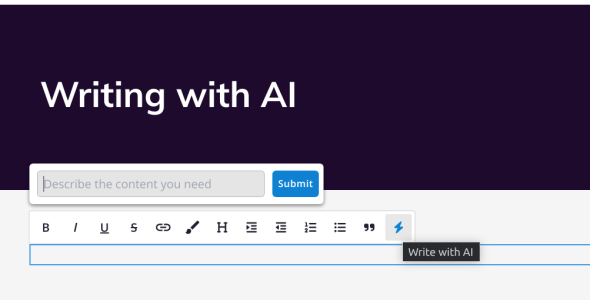Many podcasters decide to run a text-based blog alongside their podcast. If you ask yourself whether there’s any advantage for creating a blog, or how blog vs podcast can compare, you’ve reached the right place. When you build an online presence for your project, whether it’s an business, a personal brand, or just a hobby, both a blog and a podcast can be super useful in your journey. These two mediums require different skills and tools, but are easy to create as long as you have enough content in the pipeline.
Many podcasters can utilize their podcast website to create a blog. This blog can include just about anything; from more complete show notes, to transcripts of existing episodes, all the way to completely new content that’s published alongside the podcast but isn’t necessarily exactly similar.
In this post, we’ll discuss the main differences between a blog vs podcast. We’ll also offer some tips to help you decide which platform to choose, and the best tools and methods to publish both. Let’s get started!
Blog vs Podcast: 4 Factors Compared
You may already be familiar with how blogs and podcasts work. However, let’s look at four key differences that you’ll need to take into consideration when you think how a blog can complement your podcast (or vice versa).
1. Type of Content
If you want to start a blog, you’ll mainly be dealing with text-based content. However, there’s still a variety in terms of the types of posts you can create. For example, you can publish how-to tutorials, lists, case studies, technical writings, reviews, opinion pieces, and more. You’ll also need to make your articles engaging, using captivating headings and high-quality images:
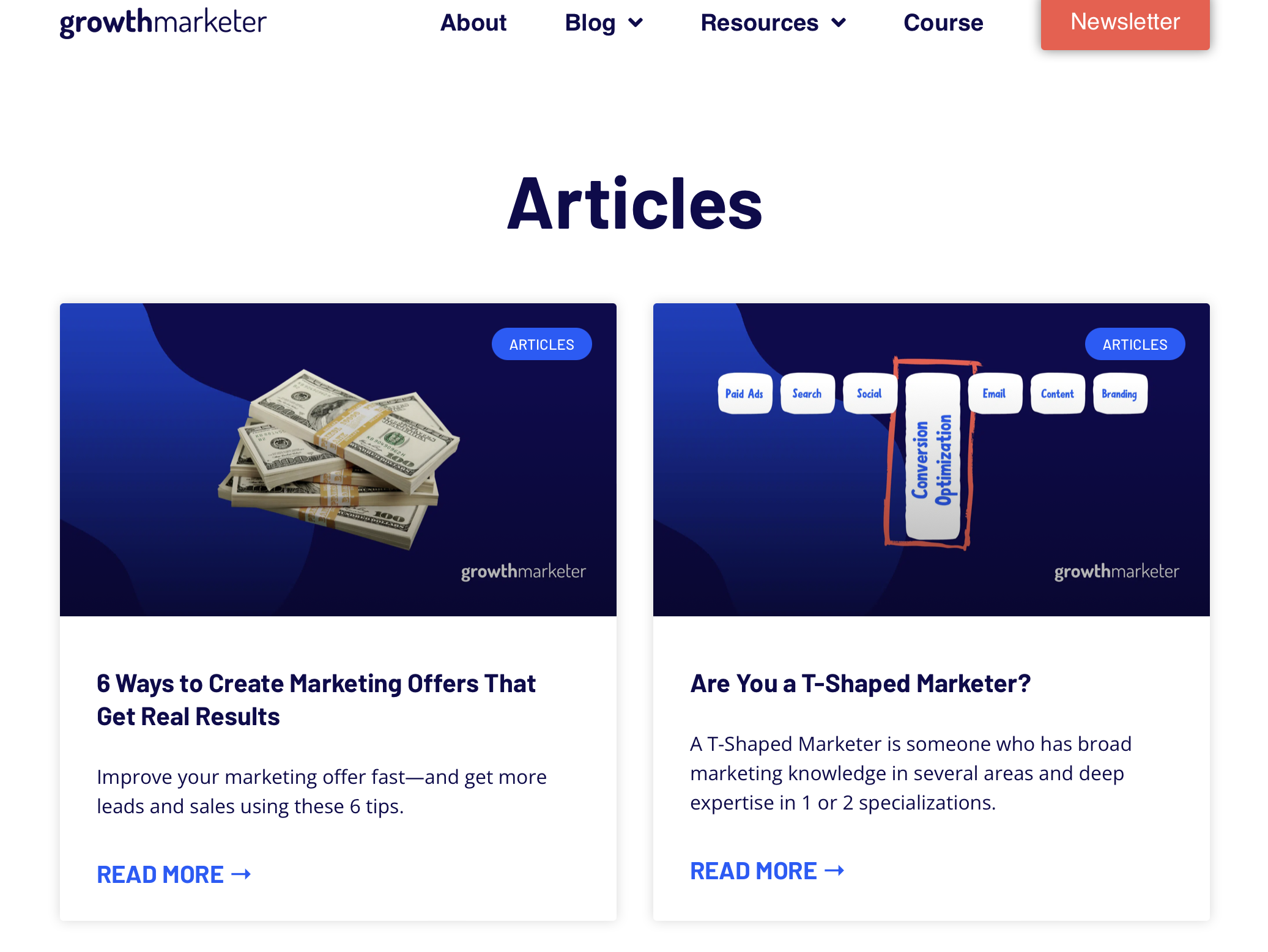
Podcasts, on the other hand, mainly take the form of audio content, but there’s still plenty you can do with this. You can host podcast interviews, in-depth Q&As, case studies, and casual conversations with guests.
There are some additional considerations with podcasts. They can require more work and care generally, since you probably have to prepare, record, and edit each episode. For example, you may need to create podcast outlines and transcripts, edit the audio and add music to your episodes. This can all take time, but it’s definitely worth it!
Additionally, if you’re interested in video podcasts, you can produce visual content:
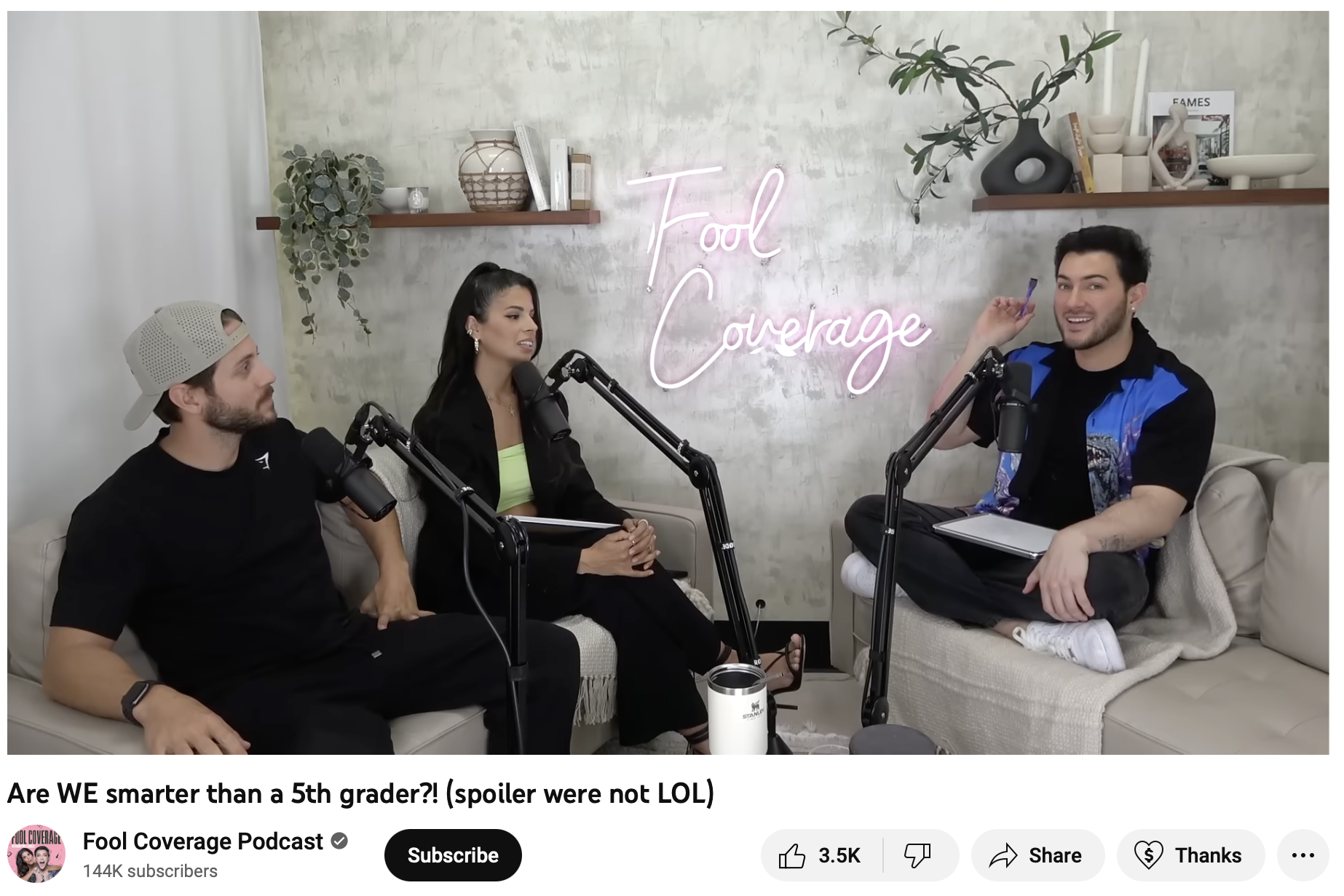
This way, you can post your episodes on other platforms (like YouTube), which can help you expand your reach and cater to different types of users.
2. Monetization Options
Once you’ve established yourself within your niche and built a substantial audience, you might be able to make money from your podcast or blog. Here are some of the monetization methods that can be implemented on both platforms:
- Advertisements
- Affiliate marketing
- Merchandise
- Donations
- Memberships
Some of these monetization techniques lend themselves better to written content. For example, affiliate links are easier to place in written blog posts. Additionally, advertisements can be less intrusive on a blog as users can just ignore them, whereas with a podcast they’ll likely have to listen to the ad before they can proceed with the episode.
However, podcasts provide extra ways to earn revenue, such as long-term sponsorship deals. Meanwhile, if you publish your podcast episodes on YouTube, you can earn ad revenue through your videos.
3. Production Time
When deciding between blog vs podcast, you’ll also want to consider the amount of time you’ll need to invest in creating content on these platforms.
For example, blog posts may require some research. You might also create an outline to structure your article. Then, you’ve got the writing, editing, and proofreading to do.
Depending on the length of your blog post, this might take anywhere from 90 minutes to eight hours. Plus, it’s a good rule of thumb to publish at least one new post per week to keep readers engaged.
Podcasts require a more significant time investment. You’ll likely post an hour-long episode., but this is often cut down from lengthier footage.
The process might involve finding podcast guests, recording long interviews, producing your podcast, trimming episodes, and adding music. Plus, if you want to make your podcast more visible in search engines, you’ll need to create a podcast transcript:
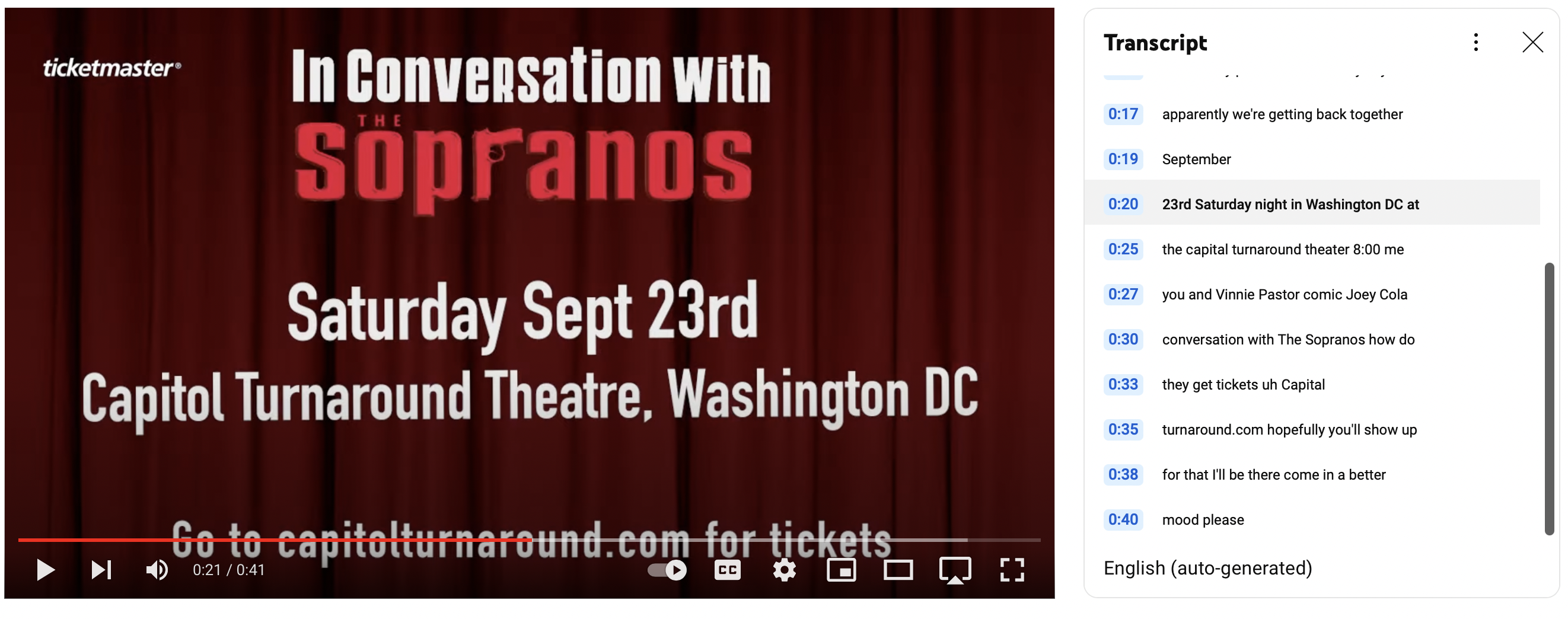
This can be very time-consuming, especially in the early days when you’re still trying to familiarize yourself with the recording and editing equipment. Most podcasters publish new episodes every week to ensure consistency for listeners.
4. Starting Costs
The last way to settle the blog vs podcast debate is to look at the costs associated with using both of these mediums. The good news is that starting a simple blog is very cost-effective.
Typically, you’ll just need a website building platform and a domain name to launch your blog.
Better yet, you don’t need to rely on paid advertising methods to attract new visitors. Instead, you can use strategies like Search Engine Optimization (SEO) and social media promotion:
If you want to start a podcast, the main cost you’ll face is equipment. You’ll need microphones, cameras, and editing software.
If you publish your episodes on podcast networks, these tend to take a slice of your earnings. Additionally, it can be challenging to promote your podcast using SEO, so you may be more likely to rely on paid podcast advertising methods.
That’s why it’s a good idea to set up a podcast website with a builder like Podcastpage.io:
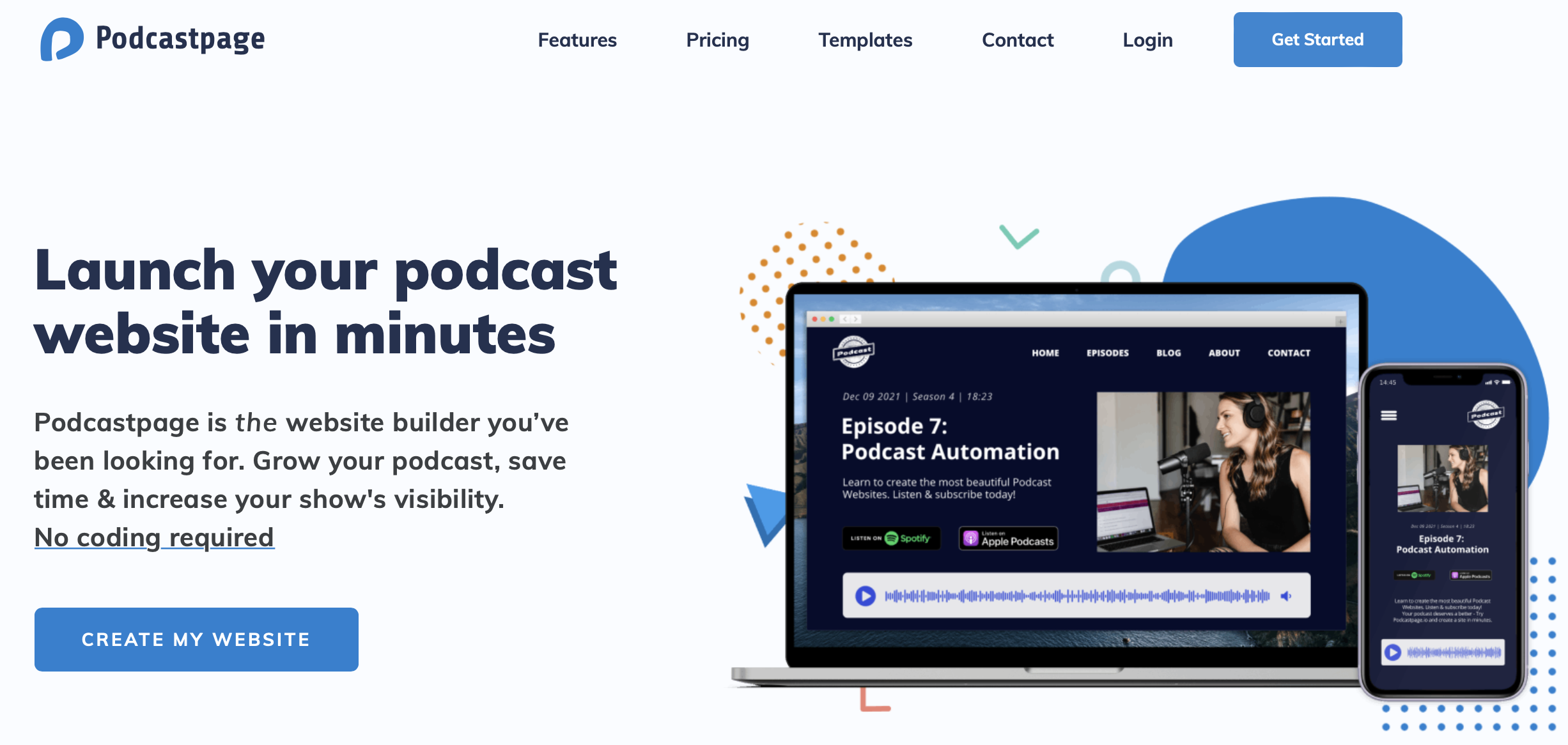
This way, you can create a stunning website with separate pages for each of your episodes, using keywords to rank for relevant search queries.
You can also link to your social pages and automatically upload new episodes. Plus, you might even set up a blog to publish an article on each topic covered in your show. This provides plenty of opportunities to include relevant keywords and make your content more SEO-friendly.
Should You Start a Blog or a Podcast?
If you’re looking to build an online presence but you have a strict budget and limited time, a blog may be easier to get started with. However, you’ll also need to possess good writing skills and be prepared to learn SEO techniques to attract an audience.
If you want to appeal to a wide range of people and maximize your earning potential, podcasts are the way to go. However, this comes with higher startup costs and a steeper learning curve, so it’s not the best option if you lack technical skills.
Or better yet, you can combine the two in the same place. With a website builder like Podcastpage, you can host podcast episodes and create articles that correspond with your audio content. Podcastpage lets you publish unlimited blog posts and episodes, so the sky is really the limit and you can enjoy the best of both worlds.
Conclusion
If you want to build an audience, earn money online, and share your expertise, you might be thinking of starting a podcast or creating a blog. However, there are some key differences between these two platforms.
For example, a blog offers lower startup costs and is slightly less time-consuming. Meanwhile, a podcast offers a greater variety of content and more monetization potential. If you have the time, you can try your hand at both to reach a wider audience.
You can use Podcastpage to create your very own podcast website and blog. With this website builder, you can apply stunning templates, access automated episode imports, and use a customizable audio player. Get started today!



